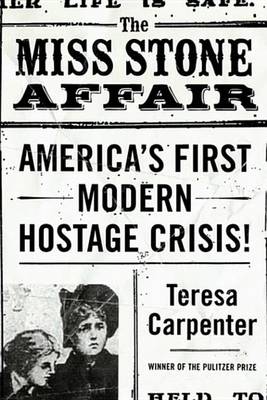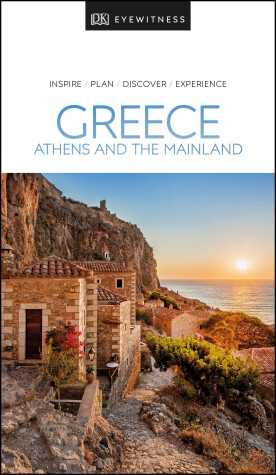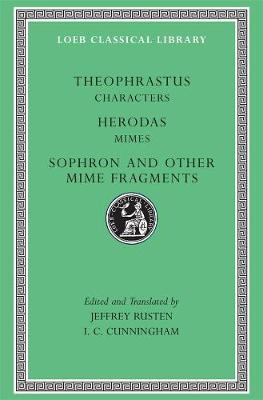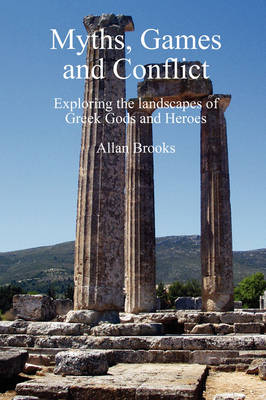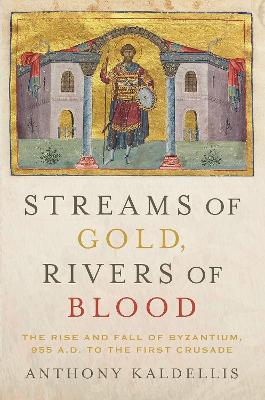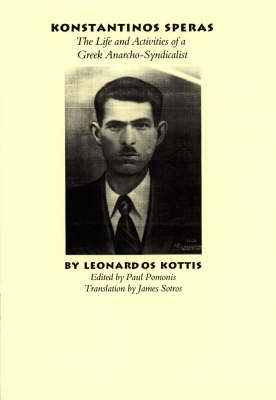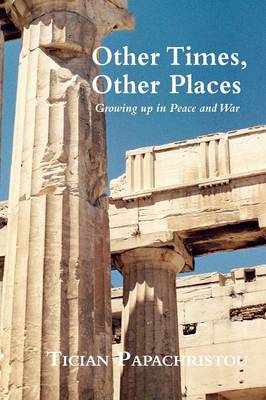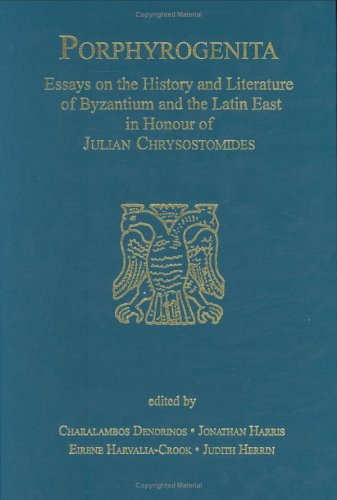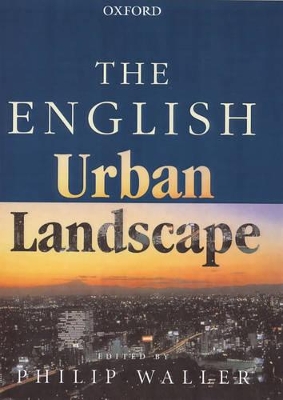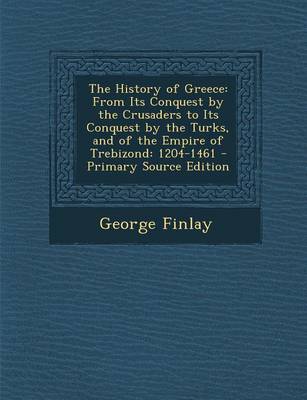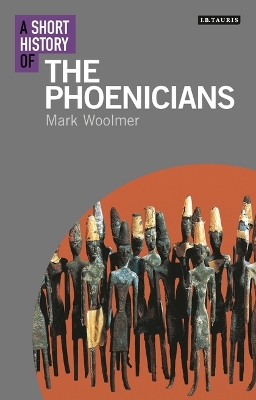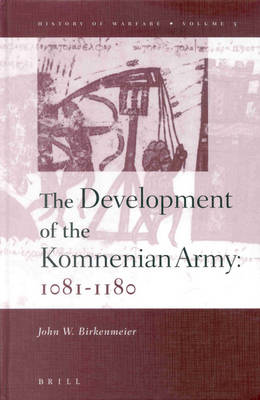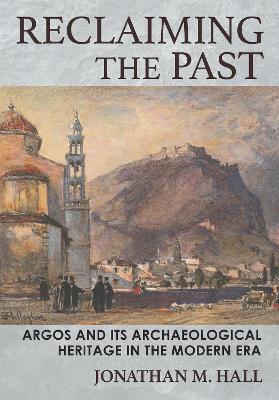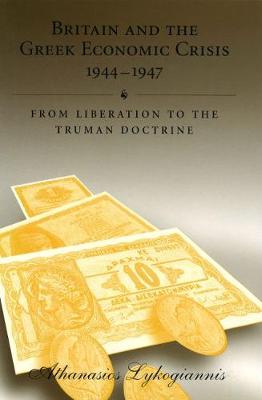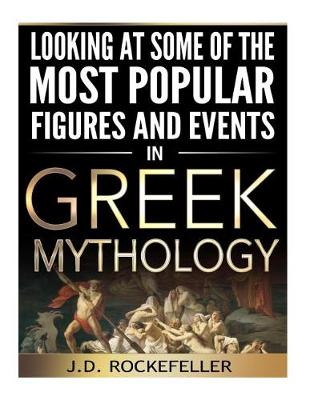On September 3, 1901, a Protestant missionary named Ellen Stone set out on horseback across the mountainous hinterlands of Balkan Macedonia and was ambushed by a band of armed revolutionaries. In The Miss Stone Affair, Teresa Carpenter re-creates an event that captured the attention of the world and posed a dilemma for incoming president Theodore Roosevelt. Should he send in the Navy or not? And, if so, send it where? Drawing upon a wealth of contemporary correspondence and documents, Carpent...
Discover ancient worlds in a spectacular landscape Whether you want to explore the awe inspiring Acropolis, relax on the unspoiled beaches of the Máni archipelago or simply indulge in deliciously fresh Greek food, your DK Eyewitness travel guide makes sure you experience all that Greece has to offer.From the ancient wonders of Delphi and Olympos to the rugged coastline of the Máni peninsula, Greece dazzles with an array of breathtaking sites and scenery. Amid this historic landscape lie a number...
Prosopographie der mittelbyzantinischen Zeit, Prolegomena
by Et Al, Thomas Pratsch, and Professor of Medieval History Ralph-Johannes Lilie
This volume collects important examples of Greek literary portraiture. The Characters of Theophrastus consists of thirty fictional sketches of men who are each dominated by a single fault, such as arrogance, boorishness, or superstition. The Hellenistic poet Herodas wrote mimes, a popular entertainment in which one actor or a small group portrayed a situation from everyday life, concentrating on depiction of character rather than on plot. The volume also includes a new translation and text of ex...
The Greek Myths described what the ancient Greeks believed about their history, their ancestry and their gods. The myths were rooted in a real world, a compact physical environment of inhospitable, rugged mountains separating small agricultural plains, that occupy what is now central and southern Greece. Myths, Games and Conflict is an exploration of that landscape and of the myths themselves. Allan Brooks has spent twenty five years exploring rural Greece. In this book he brings the myths and t...
Streams of Gold, Rivers of Blood (Onassis Series in Hellenic Culture)
by Anthony Kaldellis
In the second half of the tenth century, Byzantium embarked on a series of spectacular conquests: first in the southeast against the Arabs, then in Bulgaria, and finally in the Georgian and Armenian lands. By the early eleventh century, the empire was the most powerful state in the Mediterranean. It was also expanding economically, demographically, and, in time, intellectually as well. Yet this imperial project came to a crashing collapse fifty years later, when political disunity, fiscal misman...
Porphyrogenita (Publications of the Centre for Hellenic Studies, King's College, London)
The collection of 34 essays in this volume reflects the life-long teaching and research interests of Julian Chrysostomides, Director of the Hellenic Institute, Royal Holloway, University of London. They cover Byzantine history, historiography, hagiography, theology and monasticism, Latin rule in the Greek East and Greek palaeography. The studies both encompass the latest research and provide editions of important texts which have never appeared in print. These include two works relevant to the e...
The Great War's Sideshow (Routledge Studies in First World War History)
by Alexander Prusin
This book sheds new light on the Balkan theater of World War I. Although the Balkans did not have a continuous frontline, it was arguably the most 'international' of all the fronts in Europe, reflecting the rivalries between the Great Powers and conflicts between different Balkan nations. The volume, therefore, breaks new ground by synthesizing the imperial and regional narratives of the war into a single volume, which explores the impact of the Great War upon the Balkans in diplomatic, military...
A volume on the history of the English urban environment that will appeal to both general readers and academic specialists. The emphasis throughout is emphatically that of the historian, rather than the physical geographer: that is, a primary focus on the people who make the landscapes, the changing social structure of the communities, and the different economies which sustained them. The text is enhanced by 130 integrated illustrations, including half-tones and diagrams. The thirteen chapters c...
The History of Greece (Cambridge Library Collection - European History, Volume 4)
by George Finlay
A participant in the Greek struggle for independence alongside Lord Byron, the philhellene George Finlay (1799-1875) lent his support to the newly liberated nation while diligently studying its past. The monographs he published in his lifetime covered the history of Greece since the Roman conquest, spanning two millennia. His two-volume History of the Greek Revolution (1861) is reissued separately in this series. Edited by the scholar Henry Fanshawe Tozer (1829-1916) and published in 1877, this...
The Phoenicians present a tantalizing face to the ancient historian. Latin sources suggest they once had an extensive literature of history, law, philosophy and religion; but all now is lost. Offering new insights based on recent archaeological discoveries in their heartland of modern-day Lebanon, Mark Woolmer presents a fresh appraisal of this fascinating, yet elusive, Semitic people. Discussing material culture, language and alphabet, religion (including sacred prostitution of women and boys t...
The Development of the Komnenian Army: 1081-1180 (History of Warfare, #5)
by John Birkenmeier
The emperors of the Komnenian dynasty orchestrated the economic and military renewal of the Byzantine Empire. In 1081, Alexios I became emperor of a bankrupt and diminished empire. In 1180, Manuel I ruled the most powerful state in the eastern Mediterranean, capable of sending expeditions to Egypt, Hungary, Italy, and Palestine. This study examines how the Komnenian emperors restored the Byzantine state by building a professional army of mercenaries and Byzantine citizens. It examines the army's...
Reclaiming the Past examines the post-antique history of Argos and how the city's archaeological remains have been perceived and experienced since the late eighteenth century by both local residents and foreign visitors to the Greek Peloponnese. The first western visitors to Argos—a city continuously inhabited for six millennia—invariably expected to encounter landscapes described in classical texts—yet what they found fell far short of those expectations. At the same time, local meanings attrib...
Britain and the Greek Economic Crisis, 1944-1947
by Athanasios Lykogiannis
Britain and the Greek Economic Crisis, 1944-1947 concentrates on Anglo-Greek interactions in economic matters during the period of political and economic turmoil between the Axis occupation of Greece and the Greek civil war. At the end of 1944, the national unity government of newly liberated Greece faced a severe inflationary crisis. Although it could count on considerable assistance and advice from its allies, much depended on Greece's own actions and its determination to restore economic norm...
Women Writing Greece explores images of modern Greece by women who experienced the country as travellers, writers, and scholars, or who journeyed there through the imagination. The essays assembled here consider women's travel narratives, memoirs and novels, ranging from the eighteenth to the late twentieth century, focusing on the role of gender in travel and cross-cultural mediation and challenging stereotypical views of 'the Greek journey', traditionally seen as an antiquarian or Byronic purs...
Looking at Some of the Most Popular Figures and Events in Greek Mythology
by J D Rockefeller
